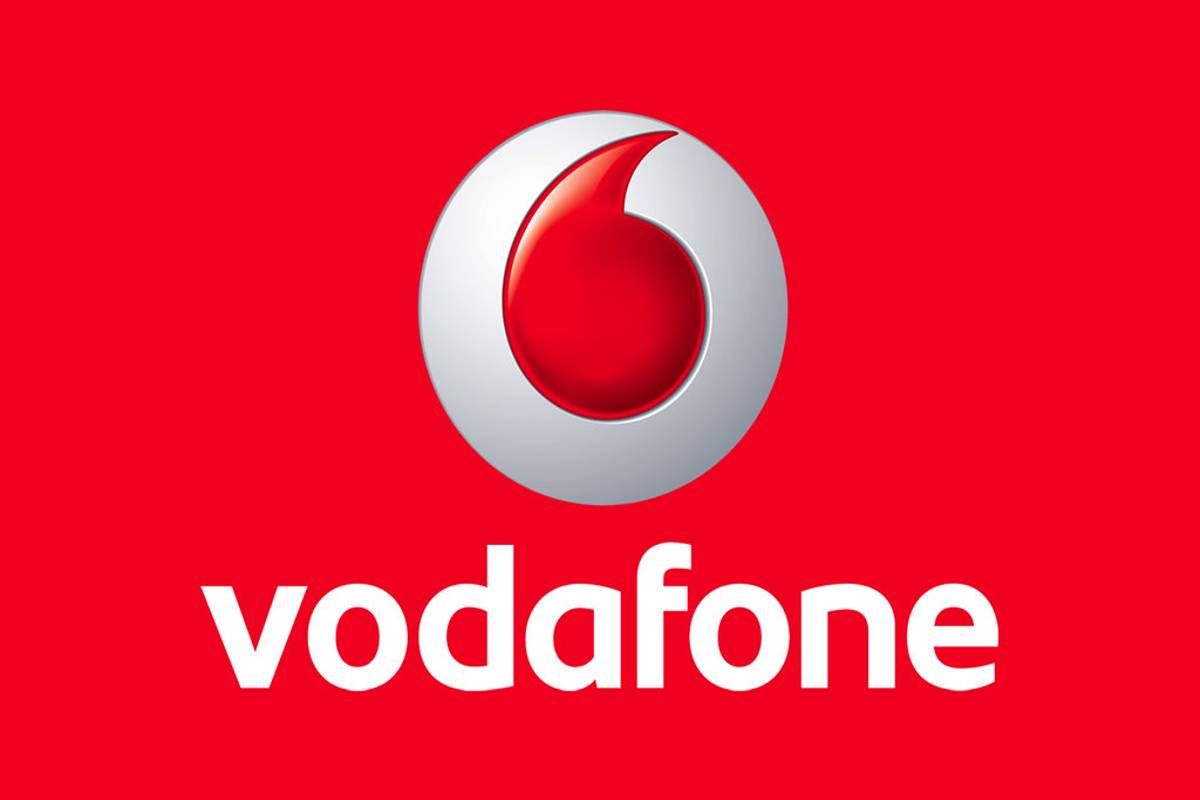Vodafone and Google Cloud announced a partnership to migrate Vodafone’s SAP workloads to Google Cloud. The main Vodafone plan, known as EVO2CLOUD, is anticipated to take two to three years to complete. According to the organisations, it will also need the conversion or migration of 100 distinct SAP programmes and processes.
One of the Biggest SAP-to-Google Clouds Is EVO2CLOUD
The core of Vodafone’s internal and external operations, SAP is used for its finance, procurement, and HR services. To ensure seamless operation with little downtime, high availability and dependability are essential requirements. Furthermore, according to Mona Abdalla, Google’s technical account manager for CCE Telco Industries, and Christian Hegmanns, Vodafone’s IT programme and technology lead for the SAP to Google Cloud conversion, hosting SAP on Google Cloud is a foundation for digital innovation and maintaining cybersecurity. One of the largest SAP to Google Cloud migrations ever, according to the firms, will be EVO2CLOUD. Vodafone will be able to increase its Net Promoter Score (NPS) and “maximise business value” by converting all of its apps and processes to the cloud after running them on-premise for 15 years. This will be accomplished by integrating SAP with contemporary data analytics capabilities and other upcoming innovations. According to the companies, EVO2CLOUD aims to use more real-time data processing. The basic takeaway Google Cloud and Vodafone are attempting to convey with this is improving data access and flexibility. The ability of the global telecom to access and transfer SAP data has been a hindrance thus far. They claimed that SAP and Accenture have partnered with Vodafone and Google Cloud. The EVO2CLOUD project is now in its pilot stage. It may now increase the amount of data it utilises for analytics and process mining thanks to the cloud move and Google Cloud capabilities. This involves managing operations and keeping an eye out for chances to map data with other outside sources, such as fusing SAP HR data with non-SAP data to enrich the data and bring more value to the company. In the long run, Vodafone stated that its objectives begin with revamping the SAP environment and moving it to Google Cloud to prepare it for integration with Vodafone’s own data ocean. The second step is to combine SAP with the data ocean that is built on top of Google BigQuery. Google’s data warehouse software is called BigQuery. The third step for Vodafone is to make use of cloud-based data analytics technologies to optimise data use, processes, and all related business activities. The key to this transformation has been changing management, which includes learning and enablement, financial governance, lifecycle management, security, architecture reviews, and creativity. Vodafone and Google Cloud collaborate on technology projects frequently. They introduced a brand-new platform dubbed AI Booster in July. The new platform places a strong emphasis on artificial intelligence (AI) and machine learning (ML) as a way to quickly design, launch, and scale new services for Vodafone customers as well as to improve network performance. They made intentions to jointly develop Nucleus, a new integrated data platform, and Dynamo, a new system, in 2021.
